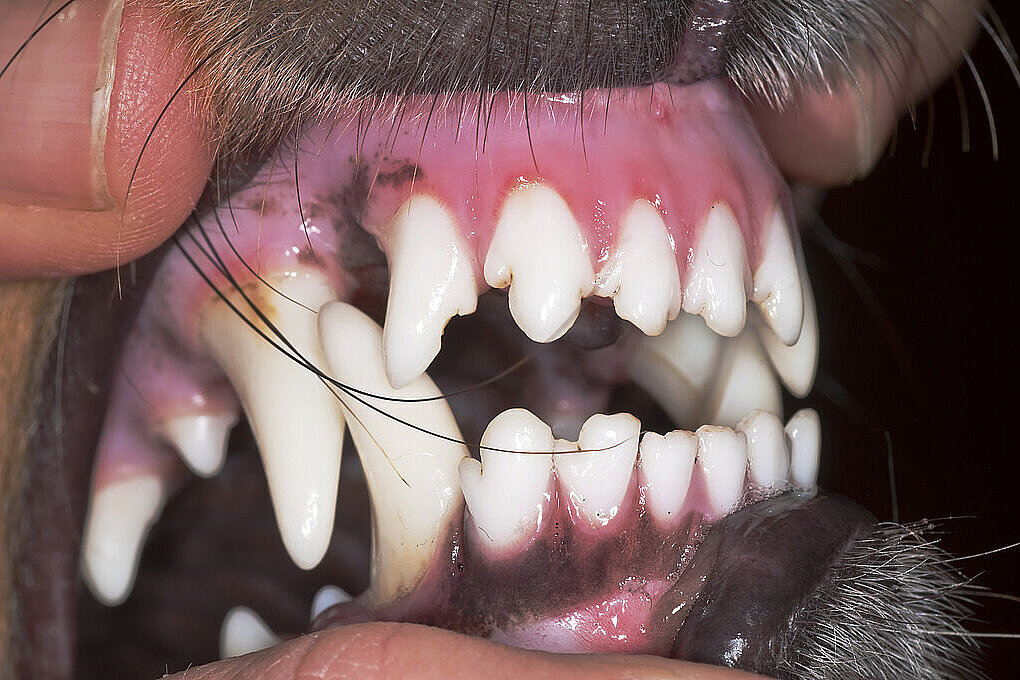Potassium diphosphate

In modern dog feeding, we come across a variety of additives whose names and functions often remain a mystery to the layman. One of these additives, potassium diphosphate, is often found in the ingredient lists of various dog food products. But what exactly is potassium diphosphate and what effects does it have on the health of our four-legged friends? This article looks at the role of potassium diphosphate in dog nutrition and discusses both its potential benefits and possible risks.
What is potassium diphosphate?
Potassium diphosphate (K2HPO4) is a potassium salt of diphosphoric acid and is used in the food industry as an emulsifier, stabilizer and moisture retainer. In dog nutrition, it is primarily used to improve the texture of the food, extend its shelf life and ensure that the ingredients remain evenly mixed.
Advantages of potassium diphosphate
Improved feed quality: Through its emulsifying and stabilizing properties, potassium diphosphate helps to ensure a uniform consistency of the feed, which can increase its acceptability to dogs.
Longer shelf life: It helps to keep food fresher for longer by regulating moisture content and thus delaying spoilage.
Nutrient stability: Potassium diphosphate can improve the stability of vitamins and other sensitive nutrients in the food, ensuring their long-term availability to the dog.
Disadvantages of potassium diphosphate
Potential health risks: As with many food additives, there are concerns about the long-term health effects of potassium diphosphate. High intakes can lead to kidney strain and electrolyte imbalances in some dogs.
Tolerance issues: Although rare, some dogs may be sensitive to potassium diphosphate, which can lead to digestive problems such as diarrhea and vomiting.
Controversial use: The use of potassium diphosphate and other additives in dog food is controversial among pet nutritionists and pet owners. The debate often revolves around the question of whether these additives are really necessary or whether they are used more for reasons of cost efficiency and processing.
A balanced view
The use of potassium diphosphate in dog feed is a double-edged sword. On the one hand, it offers technological advantages that can improve the quality and shelf life of the food. On the other hand, the potential health risks and ethical concerns about its necessity in dog nutrition cannot be ignored. As a responsible dog owner, it is important to be aware of the ingredients in dog food and make a conscious decision when choosing food. The well-being of the dog should always be the priority. A healthy diet is based on natural ingredients and a balanced nutrient profile that meets the dog's individual needs.
If you notice any signs of hypersensitivity or poisoning in your dog, you should see your vet immediately. We are not a substitute for a vet, but we try to be as accurate as possible. Every dog reacts differently and we recommend you get a second opinion or consult your vet if in doubt.
Stay healthy and take good care of your four-legged friend!😊
Similar to Potassium diphosphate
Sodium diphosphate, also known as disodium hydrogen phosphate (Na2HPO4), is a sodium salt of phosphoric acid. It is often used as a food additive, serving as an emulsifier, stabilizer and texture...
Pentakalium triphosphate, a chemical compound from the phosphate group, is used in the food industry as an emulsifier and stabilizer. With the formula K5P3O10, it is a salt of phosphoric acid in...
What is pentasodium triphosphate? Pentasodium triphosphate is a salt of phosphoric acid that consists of five sodium ions and three phosphate ions. It has the formula Na5P3O10 and is also known as...
Potassium sorbate is the potassium salt of sorbic acid, a natural organic acid found in some fruits such as berries. Potassium sorbate has an antimicrobial effect, i.e. it inhibits the growth of...



